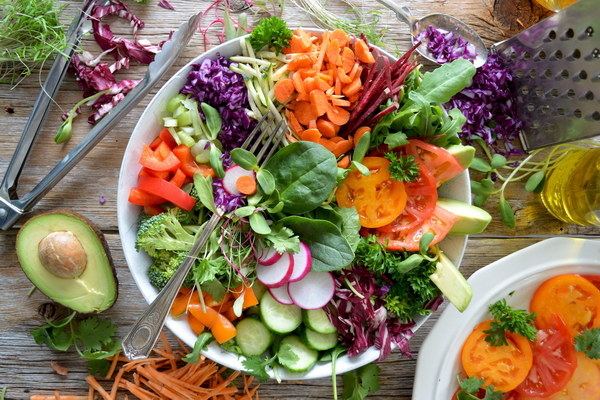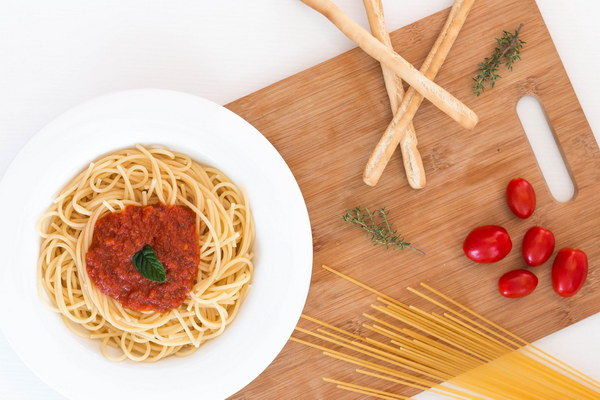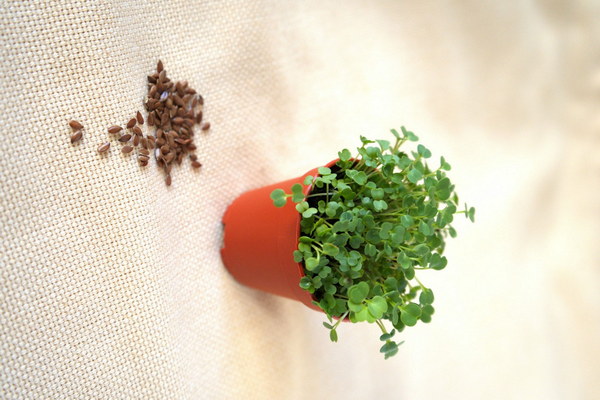Easing Menstrual Cramps A Comprehensive Guide to Body Care and Relief
Menstrual cramps, also known as dysmenorrhea, are a common condition experienced by many women during their menstrual cycle. These cramps can range from mild discomfort to severe pain, significantly impacting the quality of life. While over-the-counter pain relievers can provide temporary relief, it's essential to adopt a holistic approach to manage and alleviate menstrual cramps effectively. This article will explore various methods and strategies to help you manage and ease menstrual cramps.
1. Maintain a Healthy Diet
A balanced diet can help regulate your hormones and reduce the severity of menstrual cramps. Incorporate the following foods into your diet:
- Omega-3 fatty acids: Found in fish, flaxseeds, and walnuts, omega-3s can help reduce inflammation and alleviate cramps.

- Magnesium: Foods rich in magnesium, such as almonds, avocados, and bananas, can help relax the muscles and reduce cramping.
- Vitamin B6: Foods like potatoes, bananas, and chickpeas can help regulate hormone levels and alleviate cramps.
- Calcium: Dairy products, leafy greens, and fortified foods can help regulate muscle contractions and reduce cramping.
2. Exercise Regularly
Regular exercise can help improve blood flow and reduce the severity of menstrual cramps. Engage in moderate-intensity exercise, such as walking, cycling, or swimming, for at least 30 minutes a day. Exercise can also help alleviate stress, which can exacerbate cramping.
3. Practice Relaxation Techniques
Stress can worsen menstrual cramps. Incorporate relaxation techniques such as:
- Deep breathing exercises
- Yoga
- Meditation
- Progressive muscle relaxation
4. Apply Heat Therapy
Heat therapy can help relax the muscles and alleviate cramps. Use a heating pad, hot water bottle, or warm bath to apply heat to your lower abdomen. Heat therapy can also help improve blood flow and reduce inflammation.
5. Consider Alternative Therapies
Alternative therapies such as acupuncture and massage therapy can help alleviate menstrual cramps. Acupuncture focuses on balancing the body's energy, while massage therapy can help relax the muscles and reduce pain.
6. Get Adequate Sleep
Poor sleep can exacerbate menstrual cramps. Aim for 7-9 hours of quality sleep each night. Establish a bedtime routine to help you relax and fall asleep more easily.
7. Stay Hydrated
Drinking plenty of water can help regulate your hormones and reduce cramps. Aim to drink at least 8 glasses of water a day.
8. Manage Your Weight
Maintaining a healthy weight can help reduce the severity of menstrual cramps. If you're overweight, losing weight may alleviate cramps.
9. Seek Professional Advice
If you experience severe menstrual cramps or if over-the-counter pain relievers don't provide sufficient relief, consult a healthcare professional. They can provide a proper diagnosis and recommend appropriate treatment options.
In conclusion, managing menstrual cramps requires a comprehensive approach that includes diet, exercise, relaxation techniques, heat therapy, and alternative therapies. By adopting these strategies, you can alleviate the discomfort associated with menstrual cramps and improve your overall well-being. Remember, it's essential to consult with a healthcare professional if you're experiencing severe cramps or if other symptoms are present.









